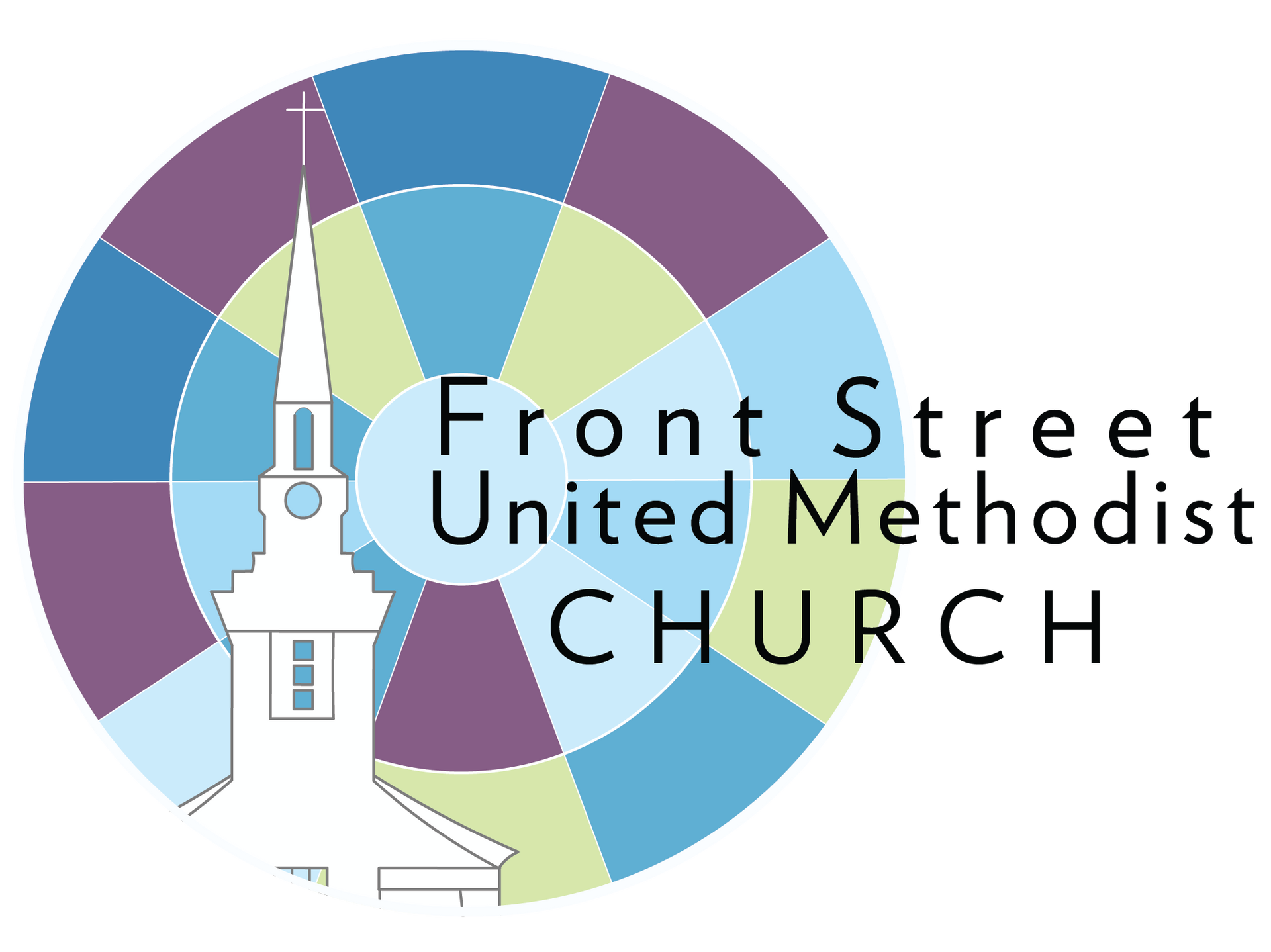Earning to Give
In the opening decades of the twentieth century, my Great-Grandpa Tilley was a businessman, and a well-to-do one at that. He and his brothers had made their bones as butchers, owning the corner market on Front Street in downtown Wilmington. Life was good for my great-grandparents and their seven children: they owned a house with plenty of space for nice things, stores of provision, and extra help in the form of maids and caretakers that managed their home. The Tilleys weren’t considered social elite, but they had garnered a strong reputation among the wealthier families of Wilmington because the brothers had earned their wealth instead of simply inheriting it.
All of that changed in 1929 when the stock market crash claimed the livelihood of all but the wealthiest Americans, leaving ideas about wealth and savings as distant memories and fantastic dreams. Great-Grandpa Tilley witnessed the painful effects of the Depression in the faces of the people who came into his grocery store, many of whom once had gainful employment and no lack of anything. But many of these people found themselves now unable to afford even the bare minimum they needed to feed their families, and were reduced to begging. Seeing this, my great-grandfather made a decision that would change his life forever.
Over the worst years of the Great Depression, the Tilley brothers began opening lines of credit so that folks could eat, knowing that most of them would never be able to pay off their debts. Little by little they lost profits, all the while gaining a reputation for being genuine and non-discriminate caretakers of their neighbors. But this was not without its consequences. Things at home became tight, and life for my grandmother and her siblings changed forever.
Late one night during those difficult years, my grandmother awoke to a frantic knock at the door. A young child at the time, my grandma leaped under the dining room table, not knowing if someone was trying to break in. Quickly and calmly, her father answered the door to discover a young African American man standing on their stoop. He was, like everyone else, desperate to feed his family, but was too ashamed to beg during the day because of discrimination. Not knowing what else to do, he had come to my great-grandfather’s door because he had heard of his generosity. True to form, Great-Grandpa Tilley went into the cupboard, and gave him two armloads of food to carry home to his family.
According to the laws of business, my great-grandfather’s methods could be considered irrational and even idiotic. But Great-Grandpa Tilley did not cling to conventional wisdom. Instead he saw wealth not as something that gave him status and set him above others, but as a God-given gift that enabled him to provide for his neighbors. And though this took its toll on his health and wealth, my great-grandpa’s decision embodies the kind of transformation that Jesus desires in those who would follow him. We are called to see our resources as gifts that, if we employ them selflessly, will bring us closer to God’s Kingdom.
Jesus says in Luke’s Gospel, “Whoever is faithful with little is also faithful with much, and the one who is dishonest with little is also dishonest with much. If you haven’t been faithful with worldly wealth, who will trust you with true riches?” Possessions are not meant for self-interest and pleasure; they won’t take us where we want to go. Neither is life about getting ahead. Life is a gift, and we are meant to live our one life in gratitude for the things God has given over to our care for the sake of others. What are you earning and who is it for?
~ Rev. Patrick Murphy











